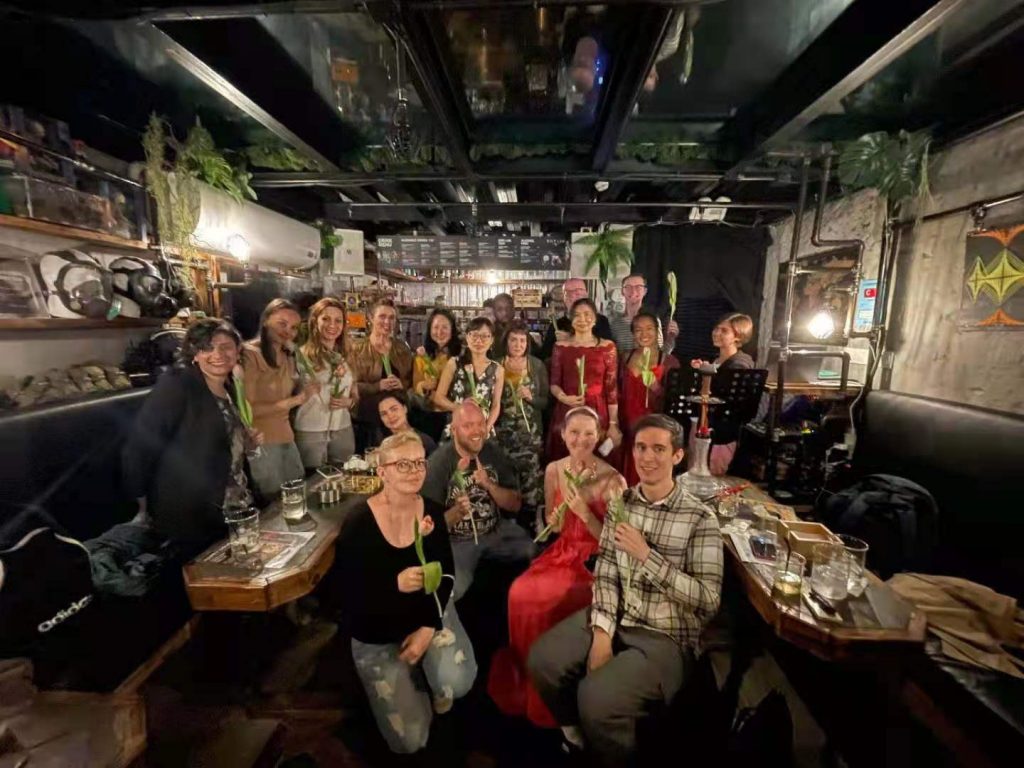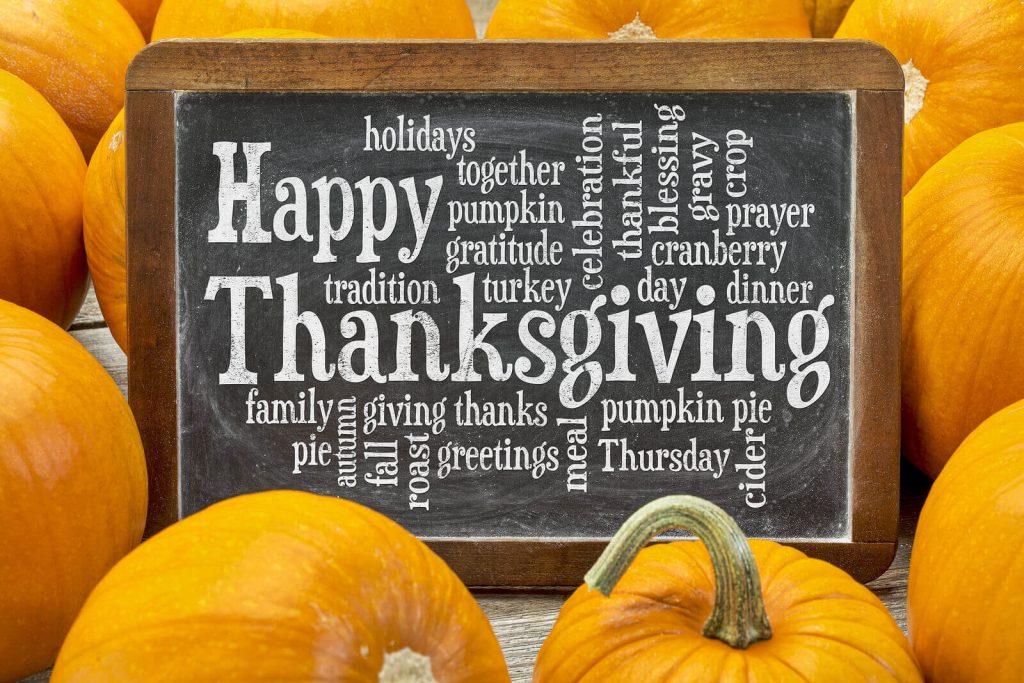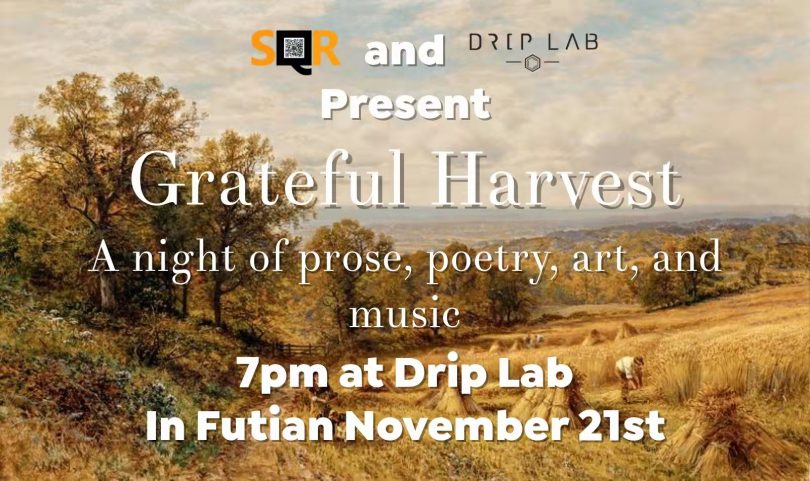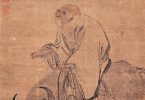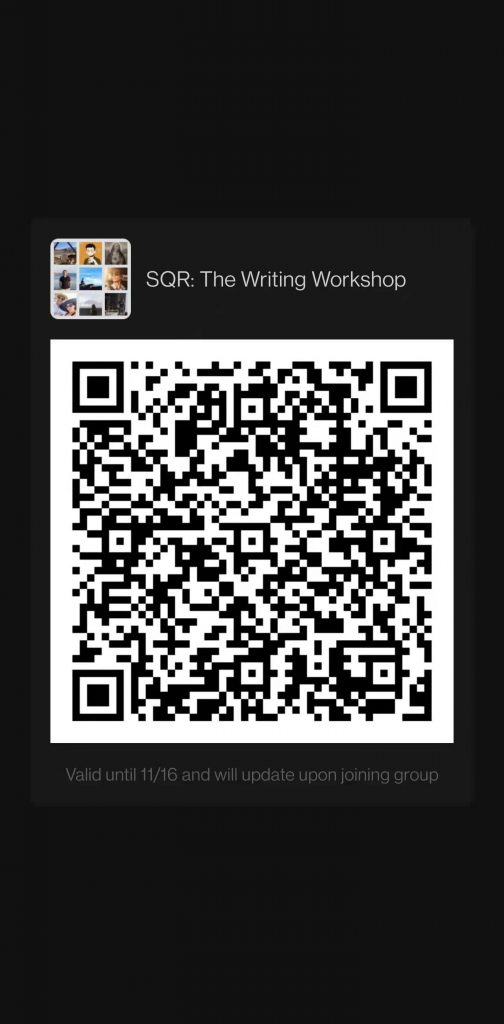

| Is it thanksgiving again and for who? By: Daniel Otero Who can rejoice on this holiday? But those who weren’t affected by the past conquest of European settlers who took without asking from the land. And did you know, thanksgiving has always been a holiday meant for peace, to pray, share amongst family and friends. It is to remember in a solemn way our respective history. Still, I would love to think of this holiday as one of unity, to share lovely drink, food, and the simple pleasures in life amongst family and friends. This celebration isn’t only in one country, but two: a U.S. holiday which it is typically celebrated for five days during the fourth Thursday of November, and it is also celebrated in Canada during 8th October. The intention is to bring unity amongst all, even those who were left out in the past. There is hope in the spirit of unity, brother, and sisterhood. What’s Thanksgiving’s background? When the Pilgrims reached Plymouth Rock, they came from England in 1620 to escape religious intolerance and persecution; they came with the hopes given in this new land and dreams to have a better life. However, the new colonizers to the Americas mired things up with their intolerance against the Natives across North America. To state the obvious honestly, the relationship between the English and Native People began in conflict and it wouldn’t calm down until 270 years had passed. When the Natives of these lands had been finally subjugated, conquered, and controlled under the thumb of their respective governments. I think Howard Zinn’s book, “A People’s History of the United States” (1980) described the problem in the most realistic and truthful way possible, without any prejudice and what happened during the subsequent years. What I would say in these contemporary times as we gather in a ‘Grateful Harvest’ at the Poetry Club in Shenzhen’s Futian District (Drip Lab, 21st November at 7 to 9 p.m.), to never forget our history, whether you are an American or Canadian abroad. Keep in mind what this holiday truly means. That we ought to break down all fear and mistrust, fight religious fundamentalism and intolerance in our contemporary times. Not demeaning others with words like, “savages” or treat anybody like lesser people or take advantage of them across our world [that’s in a fragile peace]. We live in present times when we don’t have to meet people or those we dislike (hate) with cannon and musket fire. We live in times of intellect, poetry, and peace; in a way that we can meet with kind words and dialogue with those we distrust. Once we keep on talking, it is the best way to avoid conflict. I would like to think that we are better than our forefathers, who came to the future lands of the United States and Canada, where 20-million Native peoples lived; because they did so to conquer and take what wasn’t theirs to take. That is why, many Natives in North America call these times, ‘Thanks-taking’ and not Thanksgiving. But that was then, this is now. Back when there wasn’t any intention of sharing. Today, we can evolve on this day and share with our closest friends, brothers, and sisters (relatives, etc.). With that said, the first Thanksgiving was celebrated in 1621 (400 years ago to the day). The Pilgrims were sharing this “happy” occasion with the Wampanoag Indians. For the Native peoples it was supposed to be one of unity, to strive for peace against any future warfare and violence directed towards them. Nobody was certain how it was shared, but one thing is clear, until contemporary times this holiday is one—we can all enjoy if it’s celebrated in the right way, peacefully. Thanksgiving was originally created in the spirit of brotherhood/sisterhood and to unite all peoples, as mentioned before. This was supposed to be a holiday to bring together warring factions in the path towards peace and forgiveness. This didn’t exactly happen. It was supposed to be a permanent union between the English/French and Natives, and those generations who came after. Did it serve its purpose? In a way it did, and it didn’t. The Natives suffered greatly for their trust. After 1621, this holiday was passed down through the centuries and even President Abraham Lincoln decided in 1863 that this holiday ought to be celebrated on the fourth Thursday in November. Later, it would be established as an official holiday by President Franklin Delano Roosevelt in 1941. For Canadians, the Thanksgiving celebration began in 1859 as a “National Day of Prayer and to give Thanks” (Celebrated possibly in a totally different way, but without losing its original intention or context: to bring peace and unity.); it was later made into an official holiday by 1879. What we hope to get from Thanksgiving? It is overcome past prejudices when we remember in history those sad times and can sit together as one. Remember family and friends as we are abroad. And keep close those whom are here with us in China. I know, I will. On this day, we can witness what Thanksgiving has become. One to celebrate with family and friends in the spirit of remembrance, whether it is done in America, Canada or abroad. The possibility of such a five-day holiday (U.S.)/three-day weekend (Canada) is only thanks to the people who stopped fighting to sit peacefully and hash out each other’s differences. But is it a peaceful one? That is the hope for those who celebrate it in the U.S., Canada or internationally want to achieve: the sharing of food, drink in good spirit/faith when we come together without conflict and as one. |
